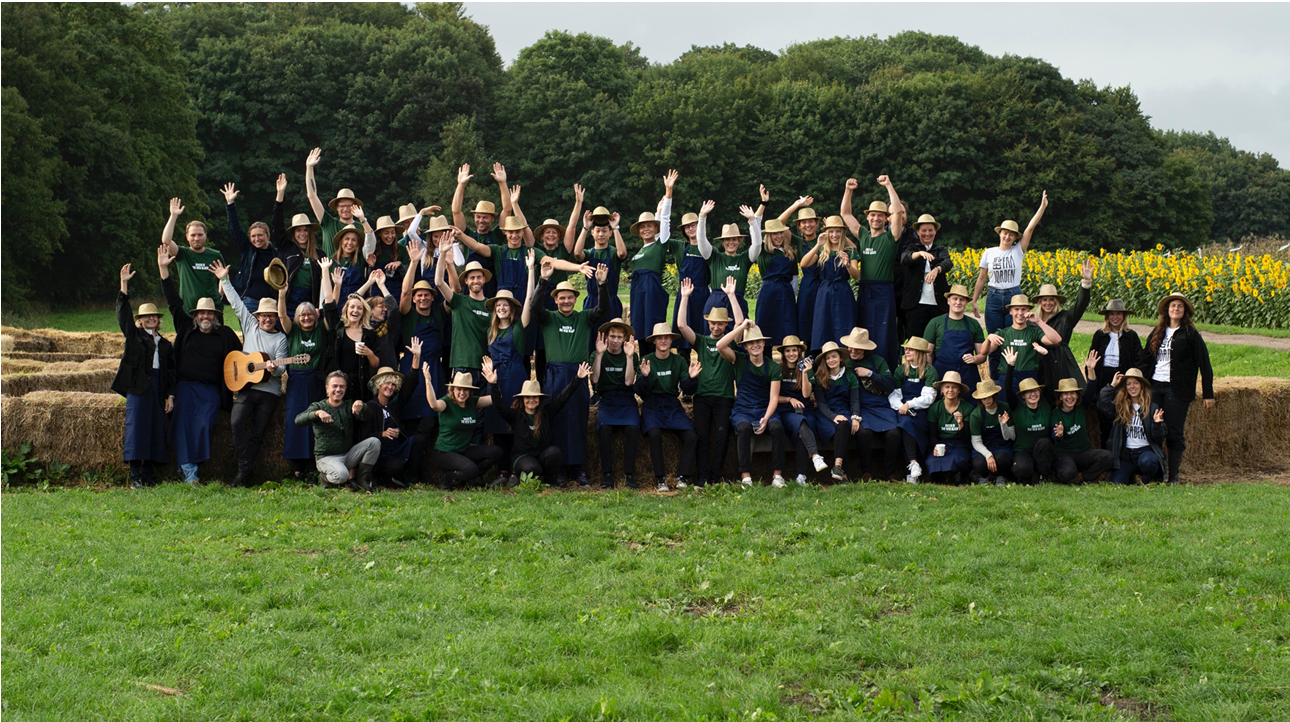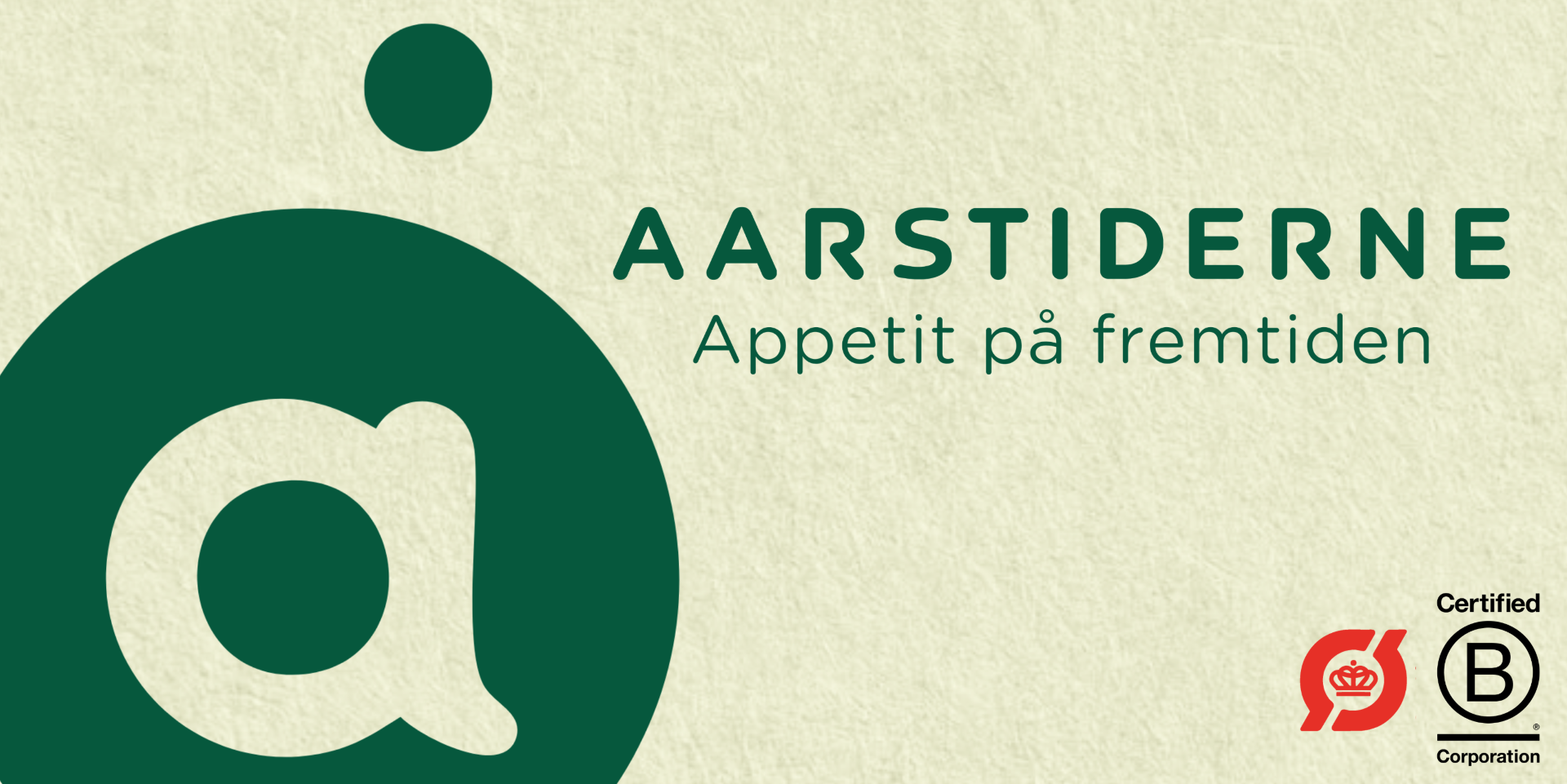

Aarstiderne A/S

Central Denmark Region, Denmark
May 2022
Food products
Wholesale/Retail
Denmark,
Sweden
Aarstiderne (in English: The Seasons) is a frontrunner on organic meal kits and online organic groceries in Denmark and Sweden. The idea is simple: we pack the season's best organic products and produce, add recipes, inspiration, and knowledge on cooking and sustainable eating and then we deliver the box to doorsteps of Swedes and Danes. The first box from Aarstiderne with the characteristic @-å came available in 1999. Today we deliver a wide selection of everyday organic meal kits and organic products online, alongside an extensive choice of offline activities from farm stores with eateries, farm markets, community dinners to community gardening for both kids and grown-ups. Today we deliver meal boxes to around 78,000 households in Denmark and 10,000 in Sweden. It's still all about the passion and joy of organic produce and tasty meals and Aarstiderne grows, like the seasons, year on year. Mission We recreate the close links between the work of the organic farmer and the work in all the kitchens – transforming the bounties of the land into feasts of honest, nutritious, seasonal and inspired food. Values We believe in quality, creativity, development, growth, transparency, and ecology. These shared values shape the foundation of our relationship with customers, with growe
Overall B Impact Score
Governance 18.3
Governance evaluates a company's overall mission, engagement around its social/environmental impact, ethics, and transparency. This section also evaluates the ability of a company to protect their mission and formally consider stakeholders in decision making through their corporate structure (e.g. benefit corporation) or corporate governing documents.
What is this? A company with an Impact Business Model is intentionally designed to create a specific positive outcome for one of its stakeholders - such as workers, community, environment, or customers.
Workers 24.2
Workers evaluates a company’s contributions to its employees’ financial security, health & safety, wellness, career development, and engagement & satisfaction. In addition, this section recognizes business models designed to benefit workers, such as companies that are at least 40% owned by non-executive employees and those that have workforce development programs to support individuals with barriers to employment.
Community 21.6
Community evaluates a company’s engagement with and impact on the communities in which it operates, hires from, and sources from. Topics include diversity, equity & inclusion, economic impact, civic engagement, charitable giving, and supply chain management. In addition, this section recognizes business models that are designed to address specific community-oriented problems, such as poverty alleviation through fair trade sourcing or distribution via microenterprises, producer cooperative models, locally focused economic development, and formal charitable giving commitments.
Environment 39.7
Environment evaluates a company’s overall environmental management practices as well as its impact on the air, climate, water, land, and biodiversity. This includes the direct impact of a company’s operations and, when applicable its supply chain and distribution channels. This section also recognizes companies with environmentally innovative production processes and those that sell products or services that have a positive environmental impact. Some examples might include products and services that create renewable energy, reduce consumption or waste, conserve land or wildlife, provide less toxic alternatives to the market, or educate people about environmental problems.
What is this? A company with an Impact Business Model is intentionally designed to create a specific positive outcome for one of its stakeholders - such as workers, community, environment, or customers.
Customers 2.7
Customers evaluates a company’s stewardship of its customers through the quality of its products and services, ethical marketing, data privacy and security, and feedback channels. In addition, this section recognizes products or services that are designed to address a particular social problem for or through its customers, such as health or educational products, arts & media products, serving underserved customers/clients, and services that improve the social impact of other businesses or organizations.